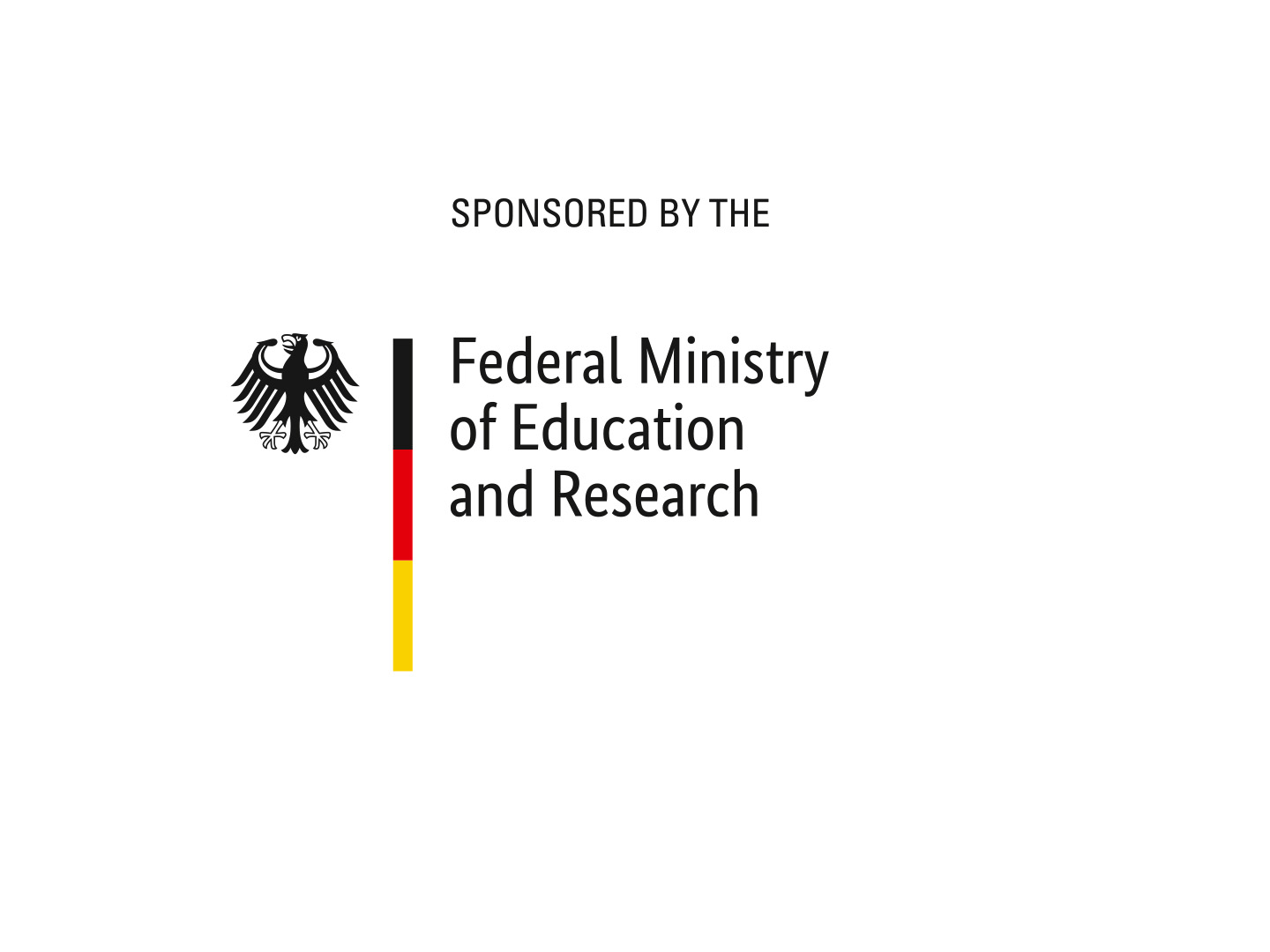Lubricants are used in almost all machines. They reduce friction and wear, protect against corrosion, cool, seal, and keep clean. If the grease or oil is not used in a closed plant but in mechanical parts of a wind turbine or snow plow, a ship or tractor, it reaches sensitive areas of our environment, where it is either not degraded at all or only degraded insufficiently.
Bulking agents for lubricants are currently produced from metal soaps or inorganic fillers, plastics, and polyureas. Most of these materials are therefore not biodegradable and can have a negative impact on the environment. Biodegradable lubricants that are free of residues are required so as to ensure that meadows and forests, alpine regions, farmland, and the open sea are no longer contaminated by such substances in the future.
Independent of fossil raw materials
The project consortium is researching and developing environmentally friendly, biodegradable thickeners on a natural basis to address the current lack of sustainable alternatives. “PHAt“ thus contributes to protecting the environment and achieving greater independence from fossil raw materials.
For many years, our "Bio-Based Plastics" department has been working on developing and synthesizing polymers and additive systems based on renewable raw materials. The entire process chain, from polymer chemistry, material development, processing, and application to sample production and material testing, is handled by the employees. This extensive competence forms the scientific basis for investigating chemically modified biopolymers and their possible use in lubricants and thickeners.
Thickening agents in the laboratory
In the three-year project, Fraunhofer UMSICHT will carry out preliminary studies on PHA-based thickening and binding agents in the laboratory and, together with UnaveraChemLab GmbH, will define the PHA types best suited for use as thickening agents. Furthermore, the institute controls the scientific and technical part of the project as well as the later dissemination of the research results.
Fritzmeier Umwelttechnik GmbH & CO. KG is working on the biotechnological production of PHAs. As a lubricant producer, Fuchs Schmierstoffe GmbH will ultimately test the thickening and binding agents developed in lubricants and bonded coatings for their specific applications.
Network against plastic waste
The “PHAt“ project results from the “BioPlastik“ cooperation network, which is managed by IBB Netzwerk GmbH. With joint projects to develop new, natural, and degradable biopolymers, the network’s partners are working against the use of petrochemical plastics.
 Fraunhofer Institute for Environmental, Safety and Energy Technology UMSICHT
Fraunhofer Institute for Environmental, Safety and Energy Technology UMSICHT